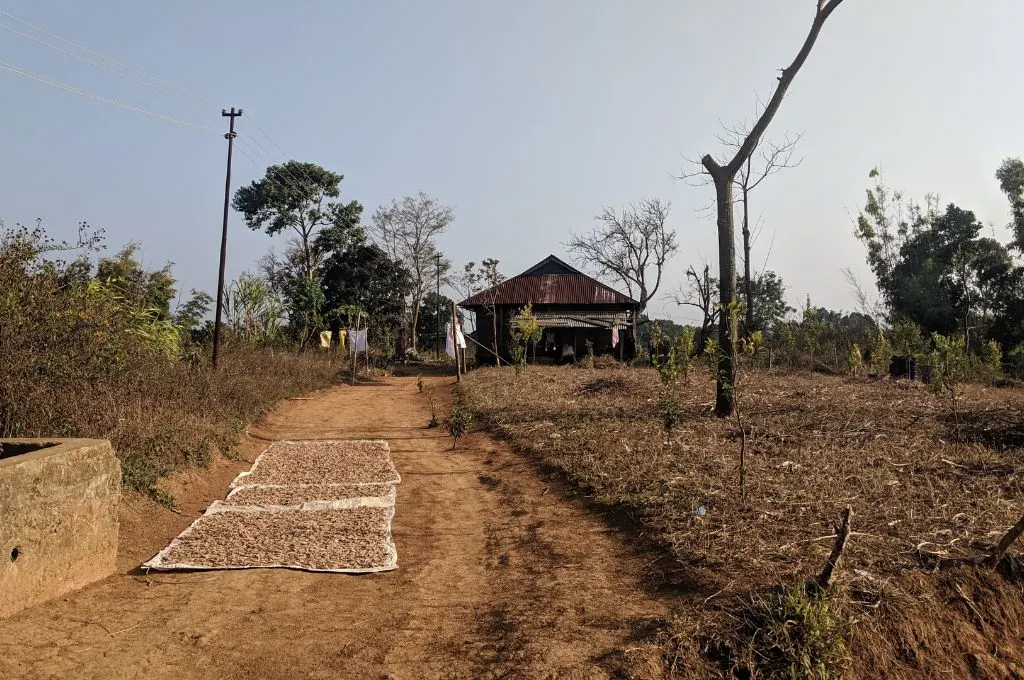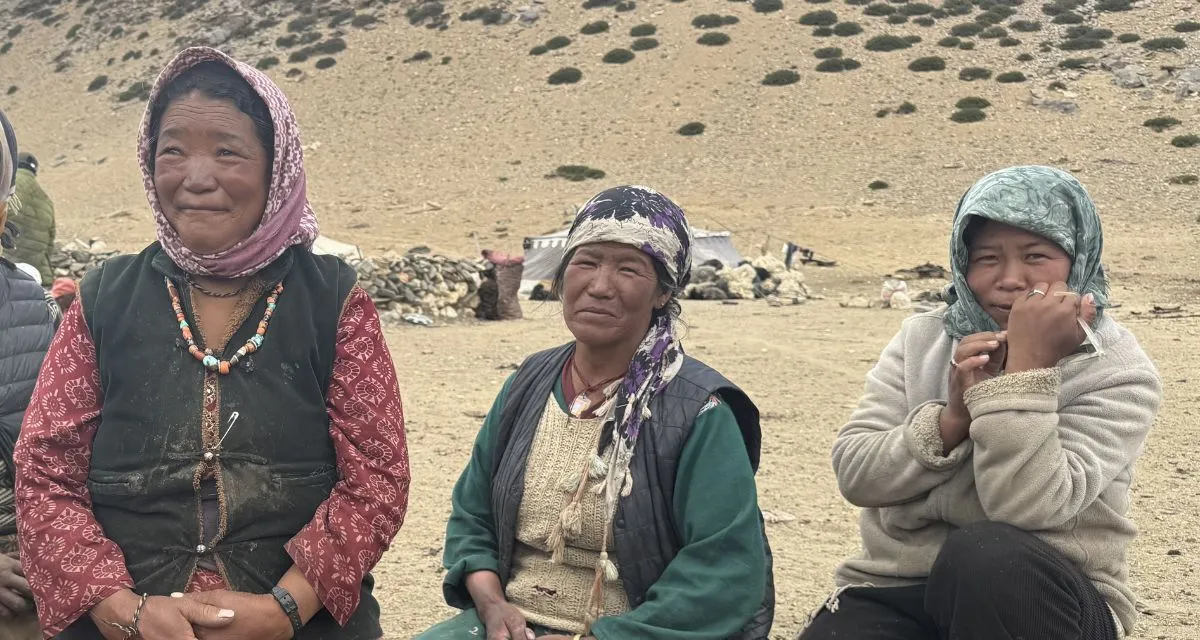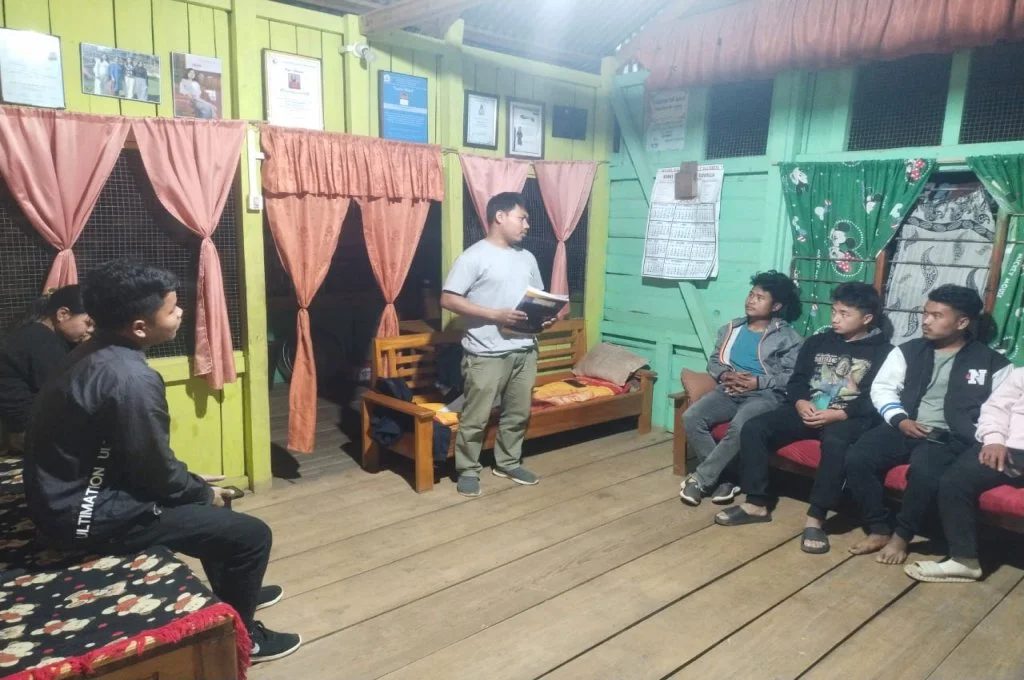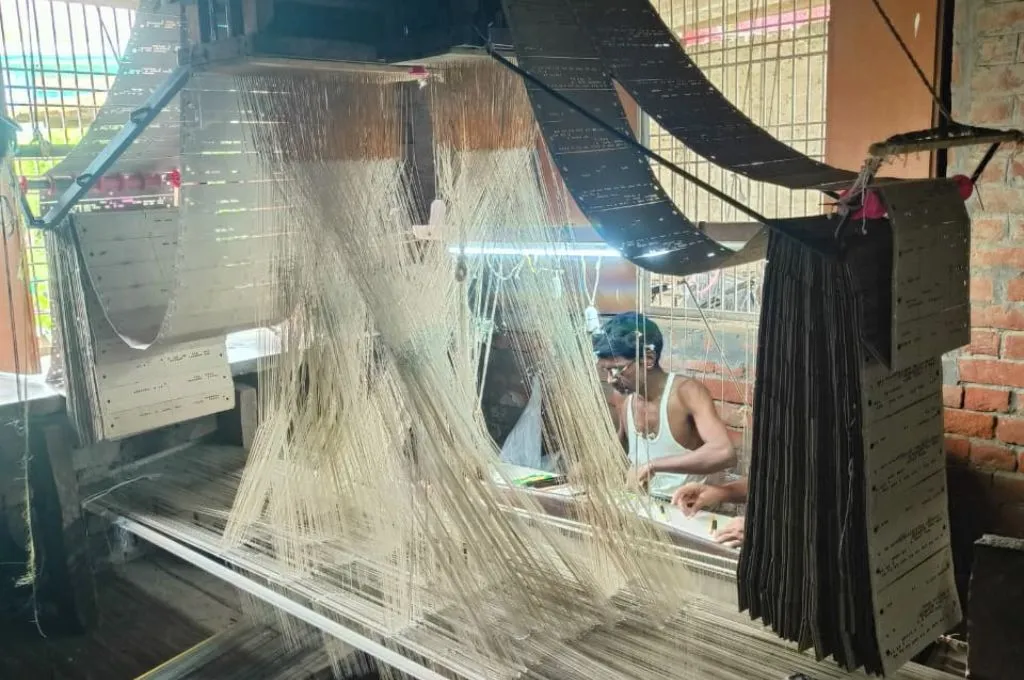READ THIS ARTICLE IN
Opportunity cost: Odisha’s young women fear migration
Since 2018, several young women from Odisha’s Kendujhar district have been trained in a vocation (primarily stitching) through the Deen Dayal Upadhyaya Grameen Kaushalya Yojana (DDU-GKY). They have been eager to participate in the programme as it allows them to learn a new skill, gain employment locally as well as in other parts of the country, and earn an income rather than having to stay home and get married.
However, in 2022, two young women from Banspal block died while working in Bengaluru. They were reportedly suffering from diarrhoea and vomiting at the time of death. In addition, it took approximately 10–15 days for their bodies to be brought back home, and this was only possible with the help of elected representatives, the local police, and the district labour officer. This made the community worry about the safety of the young women who were migrating for employment. They therefore want their local government officials to help ensure the safety of the girls.
The young women too are shocked by these developments. Although migration was always daunting, they felt reassured knowing that they could live with other people from their village or district. However, the realisation that their lives could be at risk has instilled significant fear in them. Those who were trained recently or were scheduled to train insist that they want to stay within their block or district after training, and those who were forced to return during the pandemic no longer want to go back. Foundation for Ecological Security (FES) has been working to identify these migrant workers and link them with MGNREGS to enable them to get jobs locally. Padma Bhitiria, the mother of Mandakini Bhitiria, one of the demised young women, says, “I lost my husband years ago, and now I have lost my daughter. She could have been saved if she had stayed here. Her untimely demise has really affected us and our family. Nothing can compensate for this loss. In our village, we have decided not to send any of our girls away, and we have requested the government’s support in providing them employment locally.”

Kartik Chandra Prusty works on facilitating collective land rights over forests and strengthening local democratic processes in Odisha’s remote tribal areas.
—
Know more: Read this article to learn why the scales are tipped against rural working women.
Do more: Connect with Kartik at kartik@fes.org.in to learn more about and support his work.




